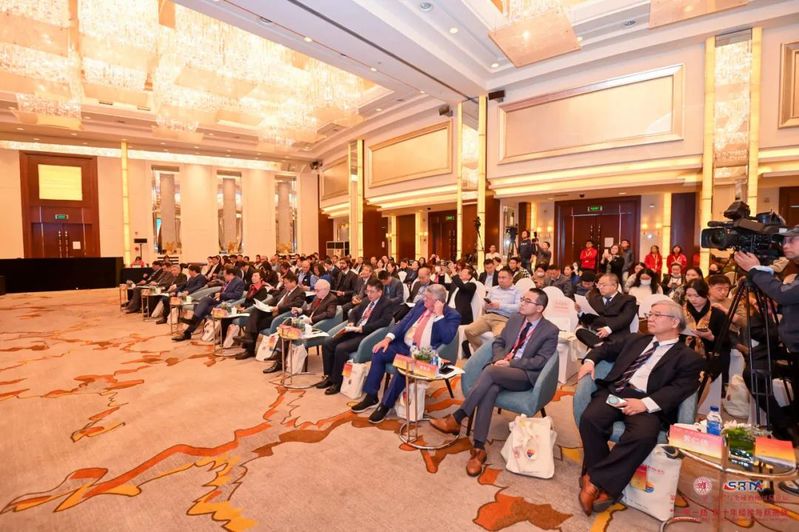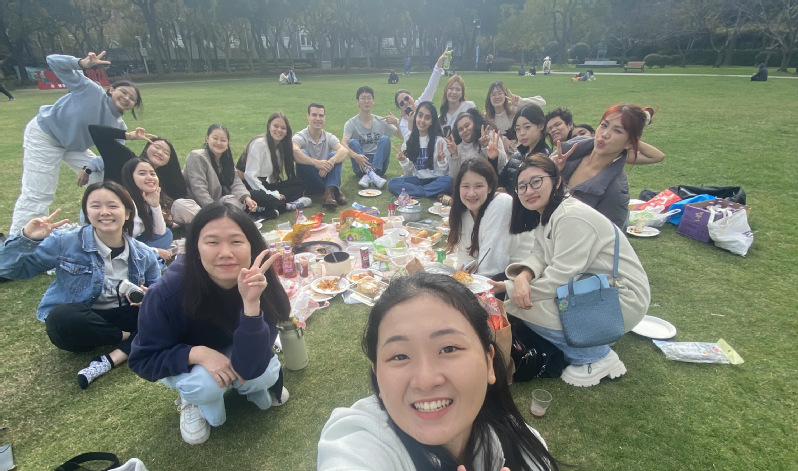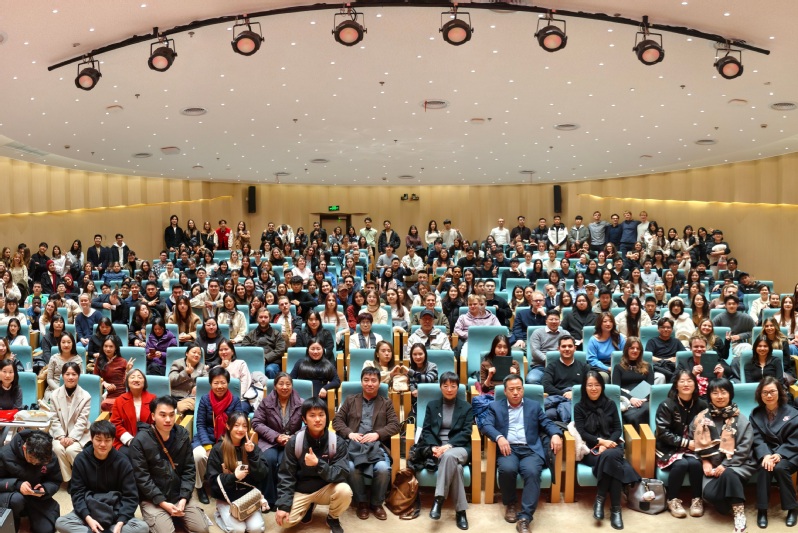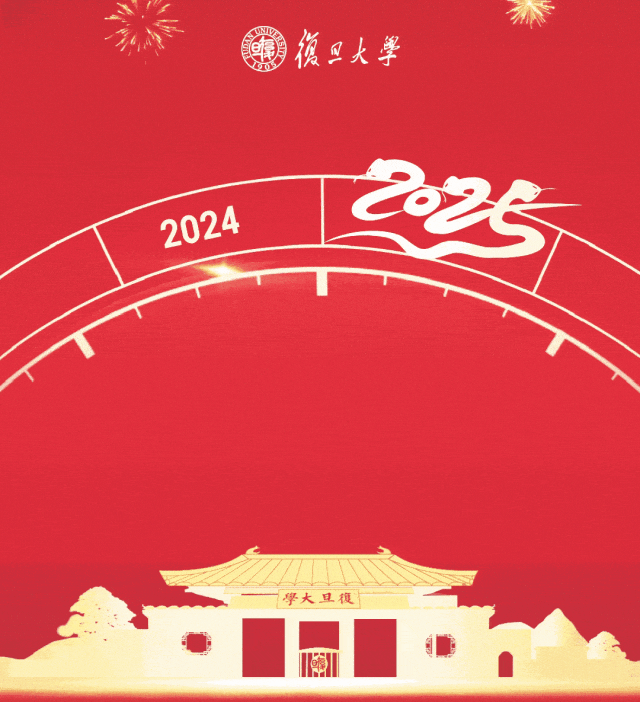
The 7th International Forum on Belt and Road Initiative and Global Governance was held in Shanghai on November 24. More than 200 domestic and foreign experts and scholars in political, business, and academic circles shared insights under the theme “Ten Years of the Belt and Road: Success and New Challenges”.
Forum on BRI and global governance

Guo Yezhou, vice minister of the International Liaison Department of the CPC Central Committee, highlighted that the Belt and Road Initiative (BRI) has been pivotal in refining global governance, broadening platforms for cooperation, and enhancing the well-being of populations worldwide. It’s essential to stay true to our development-centered spirit, learn the precious experiences, establish genuine partnerships, and strengthen cooperation mechanisms. We should also cultivate a spirit of relentless innovation to power the initiative, reinforce our resolve to surmount challenges, and ensure that the initiative’s benefits resonate with the people, thus reinforcing its societal foundation.

Jiao Yang, vice president of China Education Association for International Exchange, former chairperson of Fudan University Council and dean of the Fudan Institute of Belt and Road & Global Governance, said the Fudan Institute of Belt and Road & Global Governance has been at the forefront of theoretical explorations and practical research, proactively aligning with national priorities, and putting forward ten strategic innovations for BRI practices. The institute will be committed to advancing high-quality scholarly, educational, and innovative services to elevate the BRI to new heights of excellence and development.

Li Zhongyuan, chief risk officer of the Export-Import Bank of China, noted that BRI has been instrumental in shaping a new global governance paradigm, unlocking new avenues for world growth, and invigorating regional dynamism. The Export-Import Bank of China is eager to join forces with global partners to tap into the BRI’s developmental prospects and to foster an open, inclusive, and mutually beneficial global economy.

Vincent Lo, chairman of Shui On Land Limited, conveyed congratulations and wishes to the Forum by letter, emphasizing the growing significance of a high-quality BRI in the context of global economic trade and openness amid a complex international milieu.

Xu Zheng, executive vice president of Fudan University presided over the opening ceremony.
What has BRI brought to the world?
Looking back at the historic achievements of the past decade, experts summarized experience from success, and explored the opportunities and challenges faced by global governance under new circumstances at the keynote speech session.

Qi Wei, vice director of China Center for Contemporary World Studies, emphasized the importance of staying true to BRI’s original intention of helping people from various countries escape poverty and pursue modernization. He also stressed the need to adhere to a global governance philosophy based on consultation, joint development, and sharing, maintaining high market standards, and continuing to be action-oriented by aligning with international high-standard rules and systemic development, and sharing market opportunities.

Norbert Csizmadia, president of Pallas Athene Innovation and Geopolitical Foundation, noted that the BRI has ushered in a new era for the Eurasian region, contributed China's share to building a community with a shared future for mankind, representing a real win-win cooperation. As the first European country to join BRI, Hungary has embarked on the Serbia railway project. Both sides aim to establish the long-term sustainable development in Eurasia and jointly create the future.

Henry Tillman, chief operating officer of Aiyana International, noted that China has taken a leading position in several sectors, including infrastructure, green energy, digital technology, new energy vehicles, and traditional Chinese medicine. With the launch of a free trade pilot zone in Xinjiang which strengthens economic, trade, and cultural ties with Central Asian countries, traditional Chinese medicine has been promoted internationally through BRI. Similarly, new energy vehicle technology is also thriving in Southeast Asia, with the support from BRI.
What are the opportunities and challenges for global governance?

Masood Khalid, former ambassador of Pakistan to China, stated that multilateralism and regional cooperation are the trends of the future. China’s initiatives for global development, security, and civilization align with developing countries’ aspirations and the United Nations Sustainable Development Goals. He believes that China should strengthen the forces for world peace and development with its partners, jointly safeguard international order, and defend global peace.

Ong Tee Keat, president of Belt and Road Initiative Caucus for Asia Pacific (BRICAP) and former deputy speaker of House of Representatives, Parliament of Malaysia, proposed that sustainable infrastructure construction will become the future pillar of BRI projects. Such infrastructure should be aimed at addressing challenges from competitive initiatives by tackling climate change and public health crises. China’s green technologies will be introduced to developing countries, building a mutually beneficial global community and reshaping China's position in global governance.

Zeng Jinghan, professor & head of Lancaster University Belt and Road Initiative Research Consortium, outlined different BRI narratives and their receptions, predicting that the future of international politics will face a battle of narratives. Strategic narratives are crucial tools for nations to shape domestic and international behaviors, including narratives of identity, policy, and systems.
What’s the direction for BRI cooperation?

Li Junru, former vice president of Party School of the Central Committee of CPC, stated that the Party and the State must deepening theoretical research and offering advice with regard to promoting high-quality joint construction of BRI through in-depth investigations and studies.

Zhou Qiangwu, vice president and chief administrative officer of New Development Bank, believes that to further advance the reform of the international governance system. It is necessary to enhance North-South dialogue, expand the scope and benefits of cooperation, continuously push for multilateral governance reforms, and better leverage the role of emerging international institutions.

Bojan Lalić, director of the Belt and Road Institute Belgrade, stated that despite ups and downs, people-to-people exchanges will foster new opportunities from crises, pioneer new frontiers amid changes, and accumulate strength through difficulties and challenges. Based on this, it is necessary to further promote cooperation in the soft connectivity domain.

Xia Xiang, former minister of the Chinese Economic and Commercial Office in the European Union, suggested that China and Europe should engage in strategic alignment with a more open mindset, carefully plan the roadmap, establish key directions and areas for cooperation, and come up with cooperation projects.

Huang Renwei, executive vice president of the Fudan Institute of Belt and Road & Global Governance, moderated the session.
A series of sub-forums

The International Forum on Belt and Road Initiative and Global Governance was hosted by Fudan University and the International Silk Road Think Tank Association, and was organized by the Fudan Institute of Belt and Road & Global Governance and China Center for Contemporary World Studies. It features three symposiums on topics of promoting high-quality Belt and Road cooperation from political, economic and cultural perspectives respectively. The Forum also features the Entrepreneurs Sub-Forum, the Public Health Sub-Forum, the 4th Union of School of Politics and International Relations (USPIR) Dean’s Forum and another Sub-Forum on the Decade of China-Pakistan Economic Corridor. From diverse standpoints, more than one hundred representatives of experts, scholars and entrepreneurs in different fields from around 30 cooperative countries delivered speeches.

Since 2017, the International Forum on BRI & Global Governance has been successfully held seven times, with more than 1600 participants from 60 cooperative countries in total. Domestic and foreign elites in political, academic and business elites gathered together to extensively discuss and jointly promote various issues of BRI & Global Governance. The Forum has not only enhanced the connectivity of academic, cultural and people-to-people exchanges between China and world, but also established an Industry-University-Research platform for local enterprises to go global and introduce foreign investments. As an important international academic forum on the Belt and Road, the Forum has presented the world with China’s practical wisdom, strengthened the exchanges and mutual learning among civilizations, and has been widely recognized at home and abroad.
(END)
Presented by Fudan University Media Center
Source: Fudan Institute of Belt and Road & Global Governance (BRGG)
Writer: Chen Shuyang
Editor: Wang Mengqi, Li Yijie
Designer: Ling Yiqi




